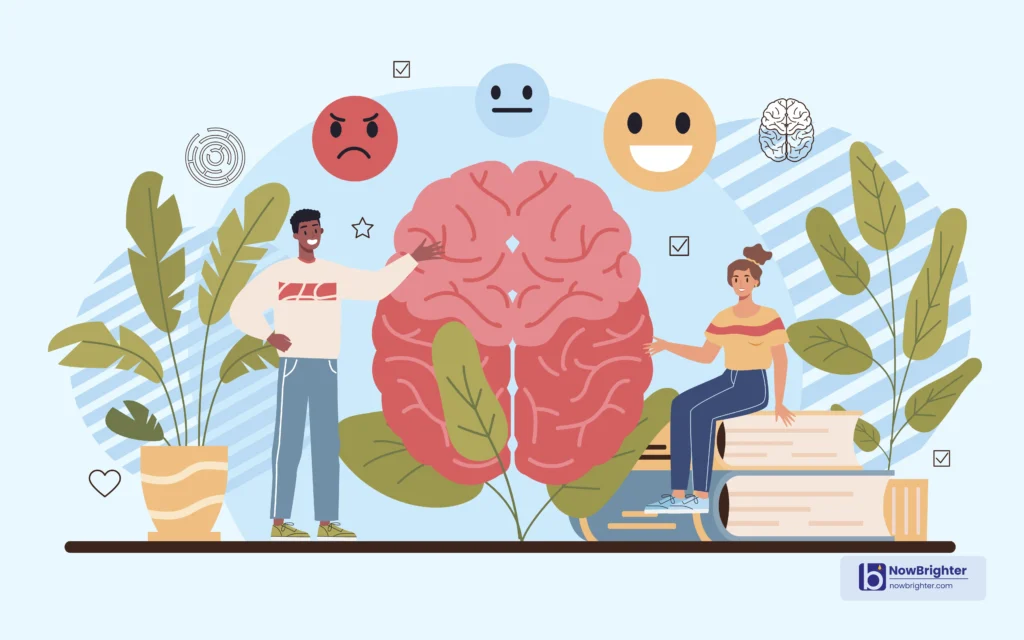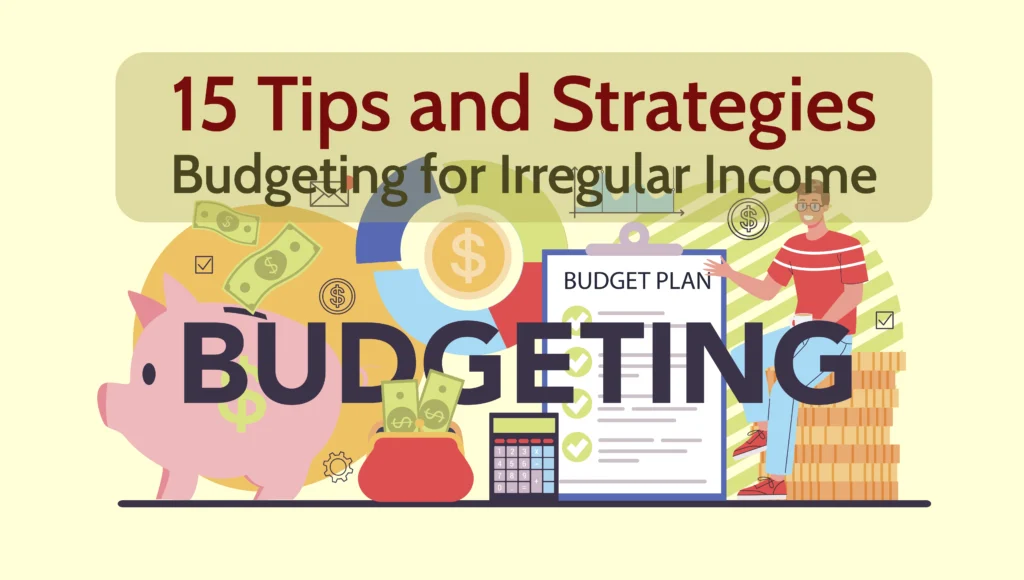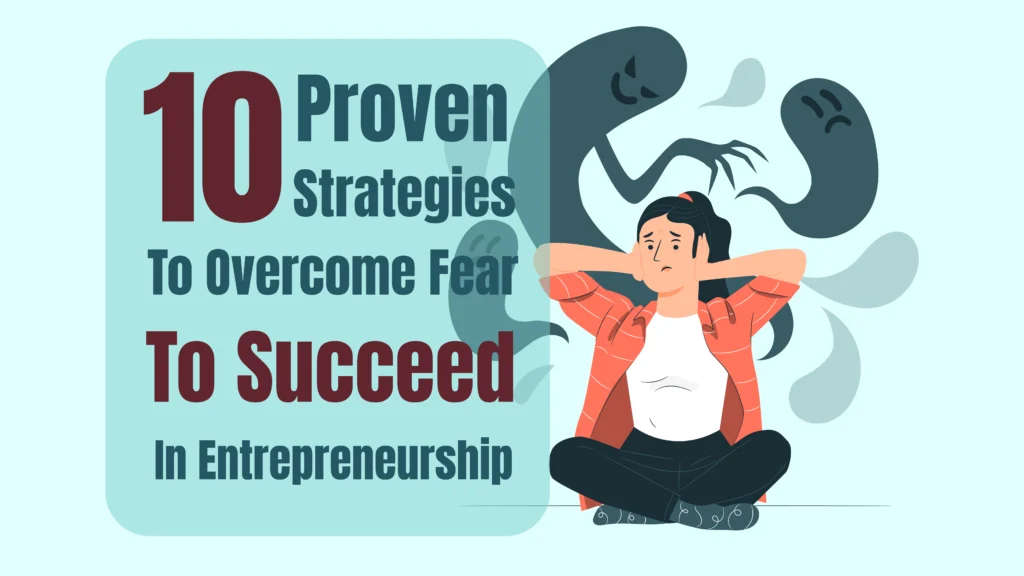The Importance of Emotional Intelligence in Leadership
In today’s fast-paced, complex business environment, technical skills and expertise alone are no longer enough to succeed as a leader. Emotional intelligence (EQ) has emerged as one of the most critical leadership traits, enabling leaders to effectively manage their own emotions and navigate the interpersonal dynamics of their teams. In fact, many experts believe that EQ is a stronger predictor of leadership success than IQ. Emotionally intelligent leaders foster trust, build stronger relationships, and create positive, productive work environments.
This blog will delve into the significance of emotional intelligence in leadership, explain how EQ enhances decision-making, team cohesion, and organizational success, and offer practical advice on how leaders can develop and refine their emotional intelligence to become more effective in their roles.

What is Emotional Intelligence (EQ)?
Emotional intelligence refers to the ability to recognize, understand, manage, and influence one’s own emotions and the emotions of others. In leadership, EQ helps individuals navigate the emotional complexities of managing people, driving change, and maintaining a cohesive, engaged team. Unlike technical skills, which can be learned and quantified, emotional intelligence requires self-awareness, empathy, and strong interpersonal skills, which must be cultivated over time.
Understanding the Key Components of EQ
Emotional intelligence can be broken down into five key components:
- Self-Awareness: The ability to recognize and understand your own emotions, as well as the impact they have on others. Leaders with high self-awareness can gauge how their emotional state affects their decision-making and interactions.
- Self-Regulation: The ability to control or redirect disruptive emotions and impulses. This ensures leaders remain calm and composed under pressure, making more thoughtful decisions.
- Motivation: Leaders with high EQ are driven by internal motivation rather than external rewards. They are passionate about their work and inspire the same enthusiasm in others.
- Empathy: The ability to understand and share the feelings of others. Empathy allows leaders to connect with their teams on a deeper level, building trust and loyalty.
- Social Skills: Strong interpersonal skills enable leaders to communicate effectively, build rapport, and manage relationships with employees, peers, and stakeholders.
EQ vs. IQ in Leadership
While IQ—intelligence quotient—measures cognitive abilities such as logic, reasoning, and problem-solving, EQ focuses on emotional understanding and interpersonal dynamics. Both are important for leadership, but research shows that emotional intelligence often plays a more significant role in leadership effectiveness.
Leaders with high IQ might excel in analytical tasks or strategic planning, but if they lack emotional intelligence, they may struggle with motivating their teams, resolving conflicts, or building strong relationships. On the other hand, leaders with high EQ can navigate the emotional landscape of the workplace, foster collaboration, and inspire loyalty. Emotional intelligence is often what distinguishes good leaders from great ones, as it combines both logical thinking and emotional awareness to create a well-rounded approach to leadership.
The Role of Emotional Intelligence in Leadership
Emotionally intelligent leaders bring a unique set of skills to the workplace, enabling them to manage team dynamics, maintain high levels of trust, and foster a positive work environment. Their ability to understand and manage both their own emotions and those of their team members allows them to handle the challenges of leadership with greater ease.
Building Trust and Strong Relationships
One of the most significant benefits of emotional intelligence is its role in building trust within teams. Leaders who are emotionally intelligent communicate transparently, demonstrate empathy, and take the time to understand the needs and concerns of their employees. This creates an environment where team members feel heard, valued, and respected.
Trust is the foundation of any high-performing team. When employees trust their leader, they are more likely to take risks, offer creative ideas, and collaborate effectively with their colleagues. Emotionally intelligent leaders build this trust by consistently showing integrity, acting with fairness, and being approachable when team members need support.
For example, an emotionally intelligent leader who notices that a team member is struggling with a project might take the time to ask how they’re doing and offer additional support or resources. This act of empathy not only addresses the immediate issue but also strengthens the relationship, demonstrating to the employee that their well-being matters to the organization.
Enhancing Team Communication and Collaboration
Clear and open communication is essential for any team to function well, and emotionally intelligent leaders excel in fostering a culture of effective communication. These leaders create an atmosphere where team members feel safe sharing their ideas, concerns, and feedback. They actively listen to their employees and encourage open dialogue, which helps avoid misunderstandings and conflicts.
Moreover, emotionally intelligent leaders understand how to tailor their communication styles to different team members. They recognize that not everyone processes information the same way, and they adjust their approach to ensure that each individual feels comfortable and engaged.
Leaders with high emotional intelligence also promote collaboration. They understand the value of diverse perspectives and actively encourage team members to work together. By fostering open communication and collaboration, emotionally intelligent leaders create a more cohesive and innovative team.
Managing Stress and Conflict Effectively
Leadership often involves high levels of stress, especially when navigating difficult situations such as tight deadlines, challenging projects, or interpersonal conflicts. Emotionally intelligent leaders are equipped to manage their own stress effectively, which in turn allows them to lead their teams through challenging times without losing their composure.
When conflicts arise, leaders with high EQ are better at de-escalating tense situations. They approach conflict resolution with empathy, seeking to understand both sides of the issue before making decisions. By addressing conflicts head-on and resolving them in a way that maintains respect and trust, emotionally intelligent leaders prevent small issues from growing into larger problems that can disrupt team harmony.
For example, in a situation where two employees are in conflict, an emotionally intelligent leader would listen to both perspectives, identify the root causes of the issue, and guide the employees toward a resolution that respects both parties’ needs. This approach not only resolves the immediate problem but also reinforces a positive team culture where conflicts are seen as opportunities for growth rather than sources of division.
Key Emotional Intelligence Skills for Leaders
To lead effectively, managers and executives must develop several key emotional intelligence skills that enable them to understand and influence both themselves and their teams. These skills form the foundation of emotionally intelligent leadership and are essential for creating a high-performing, engaged workforce.
Self-Awareness and Emotional Control
Self-awareness is the cornerstone of emotional intelligence. Leaders who are self-aware are attuned to their own emotions and how those emotions influence their thoughts, decisions, and behaviors. This awareness allows them to manage their emotional reactions more effectively, avoiding impulsive decisions that could negatively impact the team.
For instance, a self-aware leader who feels frustrated by a project delay might recognize that frustration and take a moment to calm down before addressing the team. This emotional control prevents the leader from reacting impulsively or taking out their frustration on the team, which could erode trust and morale.
By practicing self-reflection and mindfulness, leaders can become more aware of their emotional triggers and develop healthier ways to manage them. This not only improves their own decision-making but also sets a positive example for their team.
Empathy: Understanding Others’ Perspectives
Empathy is one of the most powerful tools a leader can use to build strong relationships with their team. Empathy allows leaders to put themselves in the shoes of their employees, understanding their emotions, challenges, and motivations. This deeper understanding enables leaders to offer support in meaningful ways, whether by providing guidance during difficult times or recognizing and celebrating achievements.
Leaders with high empathy are more effective at managing diverse teams, as they appreciate the unique experiences and perspectives each team member brings to the table. By showing genuine interest in their employees’ well-being, these leaders build loyalty, trust, and engagement.
For example, a leader who notices an employee is quieter than usual might take the time to check in privately, asking if everything is okay and offering support if needed. This act of empathy shows the employee that their leader cares not just about their performance, but about them as a person.
Motivation and Resilience
Emotionally intelligent leaders are driven by internal motivation, which goes beyond external rewards like promotions or bonuses. They are passionate about their work and derive satisfaction from achieving their goals and helping their teams succeed. This intrinsic motivation inspires others, as it creates an environment where everyone feels committed to the organization’s mission and values.
Moreover, leaders with high EQ exhibit resilience. They can navigate setbacks and challenges without losing their sense of purpose or optimism. This resilience not only helps them stay focused during difficult times but also encourages their teams to persevere through obstacles. By maintaining a positive attitude and focusing on solutions, emotionally intelligent leaders create a culture of resilience within their teams.
Social Skills: Building Influence and Rapport
In addition to empathy and emotional control, strong social skills are essential for effective leadership. Leaders with high EQ excel at building relationships, managing networks, and influencing others. They understand the nuances of interpersonal communication and can navigate office politics with ease.
Socially skilled leaders are adept at building rapport with a wide range of people, from employees to stakeholders. They know how to use their emotional intelligence to influence decisions, manage change, and drive collaboration across teams and departments.
For example, a leader with strong social skills might use their influence to build consensus on a strategic initiative by actively listening to the concerns of different stakeholders and finding common ground that aligns with the organization’s goals.
≫ Related Post: How to Develop Your Leadership Skills
Benefits of High EQ in Leadership
The benefits of emotional intelligence in leadership extend beyond improved relationships and conflict resolution. Leaders with high EQ are better equipped to make thoughtful decisions, inspire their teams, and drive organizational success.
Improved Decision-Making and Problem-Solving
Leaders with high EQ are more effective at decision-making because they consider both the emotional and logical aspects of a situation. They are aware of how their emotions and biases can influence their decisions, allowing them to approach problems with a balanced perspective.
Emotionally intelligent leaders also recognize the importance of involving their teams in the decision-making process. By gathering input from diverse perspectives and considering the emotional impact of decisions on their employees, these leaders make more informed, thoughtful choices that benefit the organization as a whole.
Increased Employee Engagement and Retention
One of the most significant advantages of emotionally intelligent leadership is its positive impact on employee engagement and retention. When employees feel understood, supported, and valued by their leaders, they are more likely to be engaged in their work and remain loyal to the organization.
Leaders with high EQ create environments where employees feel safe to take risks, share ideas, and collaborate openly. This sense of psychological safety fosters higher levels of creativity and innovation, as employees feel confident that their contributions are appreciated. Moreover, emotionally intelligent leaders are better at recognizing and addressing burnout or disengagement, ensuring that employees remain motivated and satisfied in their roles.
Driving Organizational Change and Innovation
In today’s rapidly evolving business landscape, organizations must be agile and adaptable to stay competitive. Leaders with high emotional intelligence are particularly skilled at driving organizational change and fostering a culture of innovation. They understand the emotional impact that change can have on their teams and are able to communicate change initiatives in a way that reduces resistance and inspires buy-in.
By promoting open communication, encouraging collaboration, and creating an environment where employees feel empowered to experiment and innovate, emotionally intelligent leaders help their organizations thrive in the face of change.
How to Develop Emotional Intelligence as a Leader
While some aspects of emotional intelligence may come naturally to certain leaders, EQ is a skill that can be developed and strengthened over time. Here are some practical strategies for building emotional intelligence as a leader.
Practicing Self-Reflection and Mindfulness
Self-reflection is an essential tool for developing self-awareness. Take time each day to reflect on your emotions, reactions, and behaviors. Ask yourself how your emotions may have influenced your decisions or interactions with others. By regularly practicing self-reflection, you can become more attuned to your emotional triggers and develop strategies for managing them.
Mindfulness is another powerful technique for enhancing emotional control. By practicing mindfulness, leaders can learn to stay present in the moment, observe their emotions without judgment, and respond to situations with greater clarity and composure.
Seeking Feedback and Continuous Learning
One of the best ways to improve emotional intelligence is by seeking feedback from others. Ask your peers, employees, and mentors for honest feedback on how you manage your emotions, interact with others, and handle conflicts. This feedback will provide valuable insights into areas where you can improve and help you build stronger relationships.
Additionally, commit to continuous learning by reading books, attending workshops, or taking courses on emotional intelligence and leadership development. The more you invest in your emotional growth, the more effective you will become as a leader.
Coaching and Mentorship
Working with a coach or mentor is another effective way to develop emotional intelligence. A coach can help you identify blind spots, provide guidance on managing emotions, and offer strategies for improving your leadership skills. Mentorship allows you to learn from experienced leaders who have successfully developed their own emotional intelligence and can offer valuable insights and advice.
Conclusion: Emotional Intelligence as a Long-Term Leadership Asset
In today’s complex and fast-changing business world, emotional intelligence has become an essential asset for leaders. High EQ enables leaders to build trust, foster strong relationships, manage stress and conflict, and inspire their teams to achieve their full potential. While technical skills and intelligence remain important, it is emotional intelligence that sets great leaders apart from the rest.
By investing in the development of emotional intelligence, leaders can create more resilient, engaged, and high-performing teams. In the long run, EQ is not just a leadership skill—it’s a catalyst for organizational success.
















